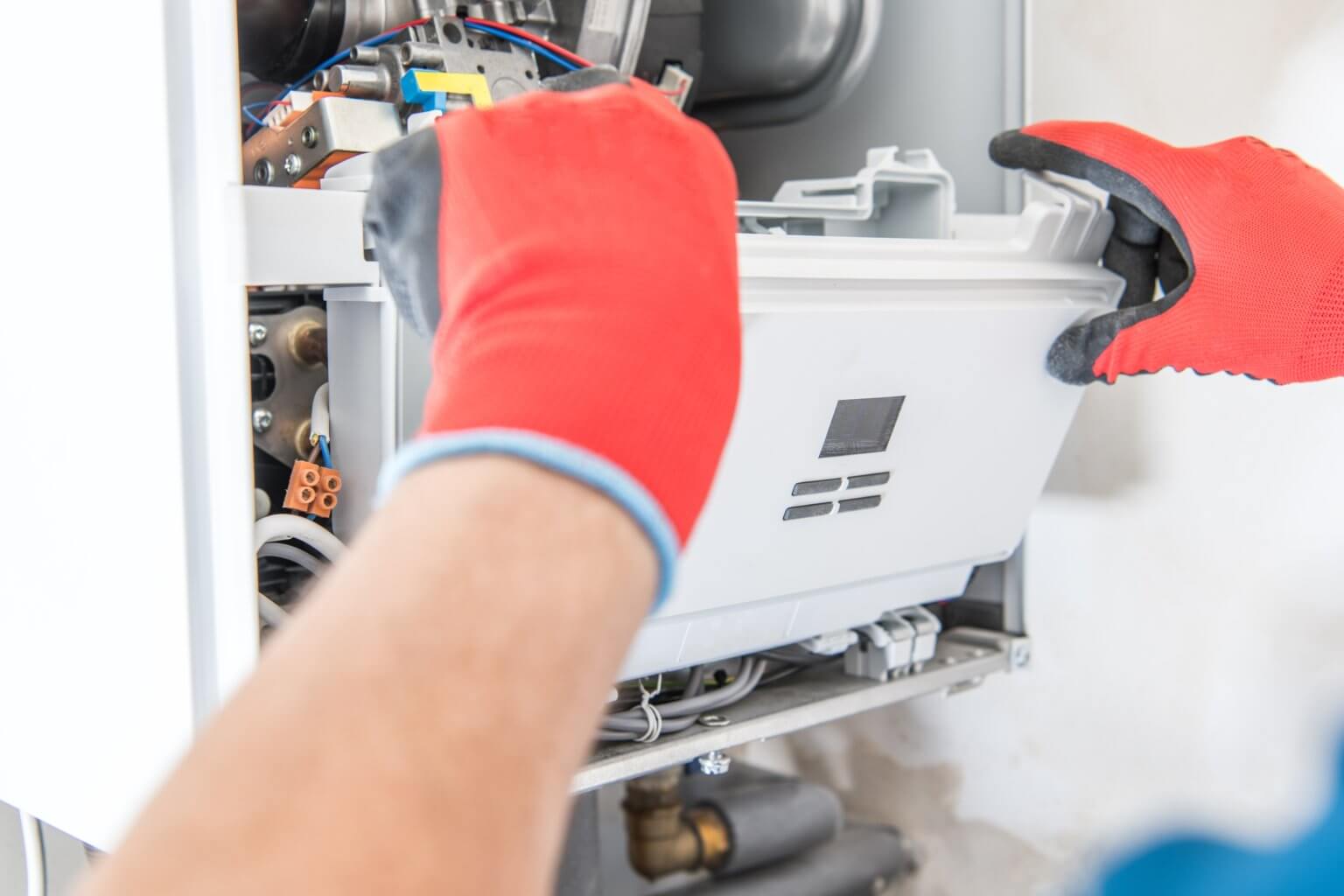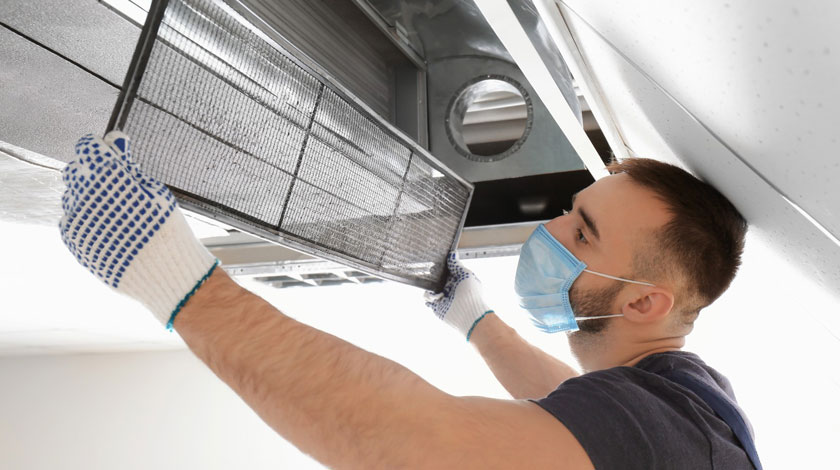What Is The $5000 AC Rule?
Introduction
Air conditioning units are essential components of modern living, especially in regions where summers can get unbearably hot. As a homeowner, your AC unit not only provides comfort but also impacts your energy bills and overall quality of life. When problems arise with your air conditioning system, you’re often faced with a dilemma: should you repair it, or is it time for a replacement? This is where the $5000 AC rule comes into play. In this article, we'll explore this rule in-depth to help you make an informed decision on whether it's time to repair or replace your HVAC system.
The $5000 AC rule suggests that if the cost of repair exceeds half the price of a new air conditioning unit (typically around $5000), it may be more prudent to invest in a new system rather than pouring money into repairs. However, this rule is not absolute; various factors need to be considered before making such a significant decision.
Let’s dive deep into understanding the implications of the $5000 AC Rule and its relevance in today's world.
Understanding the Basics: What Does the $5000 AC Rule Entail?
When we discuss the $5000 AC Rule, we're essentially referring to a guideline that helps homeowners decide between repairing their existing air conditioning unit or replacing it outright.
How Does This Rule Work?
The premise is straightforward: if your estimated repair costs are greater than 50% of what it would cost to purchase and install a new unit (often pegged at roughly $5000), then replacement might be your best option.
Why Is It Important?
Understanding this guideline can save you money and prevent future headaches related to frequent breakdowns.
Signs Your AC Needs Repair or Replacement
Common Signs Indicating Trouble
Before jumping into conclusions based on the $5000 AC rule, it's crucial to know when your air conditioner needs attention:
- Age of the Unit: Most systems last around 12-15 years.
- Increased Energy Bills: If you're noticing higher bills without increased usage.
- Frequent Repairs: If you're calling for repairs more than once a year.
- Inconsistent Temperatures: Hot spots in rooms indicate inefficiency.
When To Call for Help?
If you're experiencing any of these symptoms, it's time to search for "AC repair near me" to get professional advice tailored to your specific situation.
Cost Breakdown: Understanding Repair vs Replacement Expenses
Typical Repair Costs
Most common repairs can range from $100 to $1500 depending on issues like:

Typical Replacement Costs
Here's what goes into purchasing a new system:
- Average Unit Cost: Around $3000 - $4000
- Installation Fees: Generally range from $1000 - $1500
- Additional Features (like smart thermostats): Variable
Quick Comparison Table
| Cost Type | Repair Estimates | Replacement Estimates | |---------------------|--------------------|-----------------------| | Basic Issues | $100 - $1500 | N/A | | Major Components | Upwards of $1500 | N/A | | New Unit + Install | N/A | ~$4000 - $5500 |
Factors Influencing Your Decision Beyond Costs
While costs play a significant role in deciding if you should repair or replace, other factors must also be considered:
Efficiency Ratings
Newer models come with better energy efficiency ratings which can lead to substantial long-term savings.
Environmental Impact
Older units tend to be less environmentally friendly; newer systems often adhere to stricter regulations that reduce their carbon footprint.
Evaluating Your Current System's Condition
Before applying the $5000 rule, evaluate how reliable your current system is. Here are some questions to consider:
When assessing these conditions, consulting with an experienced technician can provide insights that influence your decision significantly.
Making an Informed Decision Based on Data and Experiences
Once you've gathered all necessary data about costs and conditions, it's time for reflection:
Pros of Repairing Your Existing System
- Lower immediate financial impact.
- Familiarity with equipment performance.
Cons of Repairing Your Existing System
- Potential for repeated issues.
- Less efficiency compared to newer models.
Pros of Replacing Your System
- Improved energy efficiency leading to lower utility bills.
- Peace of mind with warranties on new systems.
Cons of Replacing Your System
- Higher upfront costs.
- Possible disruption during installation.
Consulting with Professionals for Expert Opinions
While DIY approaches have their perks, consulting professionals is crucial when making big decisions regarding HVAC systems:
By engaging experts, you ensure that you're making well-informed choices based on facts rather than emotions alone.
Long-Term Considerations Beyond Initial Costs
Sometimes, saving money now may cost more later—consider these long-term aspects:
Warranty Offerings
New units often come with comprehensive warranties that cover various potential problems over several years.
Maintenance Plans Available Post-Purchase
Many companies offer maintenance plans for newly installed units that can prolong their lifespan while preventing costly repairs down the line.

Frequently Asked Questions (FAQs)
1. What does the $5000 AC rule mean?
The rule suggests that if repair costs exceed 50% of replacing an air conditioning unit (typically costing around $5000), then homeowners should consider buying a new one instead of repairing their current system.
2. How do I know if my AC needs replacing?
Look out for signs like age (over 10 years), frequent breakdowns, increasing utility bills, and inconsistent cooling across different rooms.
3. Is repairing an old AC worth it?
It depends! If repair costs are low relative to replacement costs and the unit has been reliable otherwise, repairing may be worthwhile—however, weigh future reliability against upfront expenses carefully!
4. How can I find reliable local technicians?
Searching online for "AC repair near me" usually yields good results—read reviews online and ask friends/family for recommendations!
5. What kind of warranties do new systems typically offer?
Most new air conditioning units come with manufacturer warranties ranging from 5-10 years covering parts; some HVAC companies also offer labor-covered warranties as part of installation services!
6. Can regular maintenance help extend my AC’s lifespan?
Absolutely! Regular tune-ups ensure optimal performance while identifying potential issues early on before they become expensive problems requiring major repairs or replacements down-the-line!
Conclusion
Navigating through the complexities surrounding whether you should repair or replace your air conditioning unit isn't always easy—but understanding guidelines like the $5000 AC Rule can simplify matters considerably! Remember that every situation varies based on individual circumstances; thus gathering data while consulting professionals will ultimately yield wise decisions tailored just right according-to-you!
So next air conditioning maintenance time you're confronted with an escalating issue regarding heating & cooling inside-your-home – don’t hesitate! Roll up those sleeves & arm yourself-well-with knowledge found herein! Make sure you assess thoroughly before acting because making choices today will dictate comfort levels tomorrow!
Whether opting-for-repair-or-investing-in-a-new-system-it-all-boils-down-to-wise-decisions-made-on-facts-understood-through-logical-analysis-taken-seriously!
